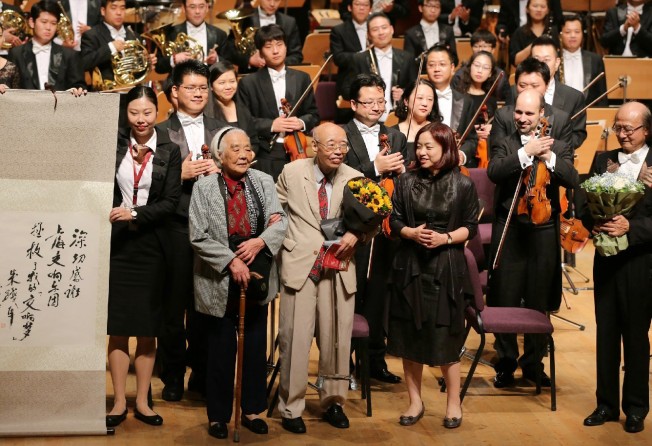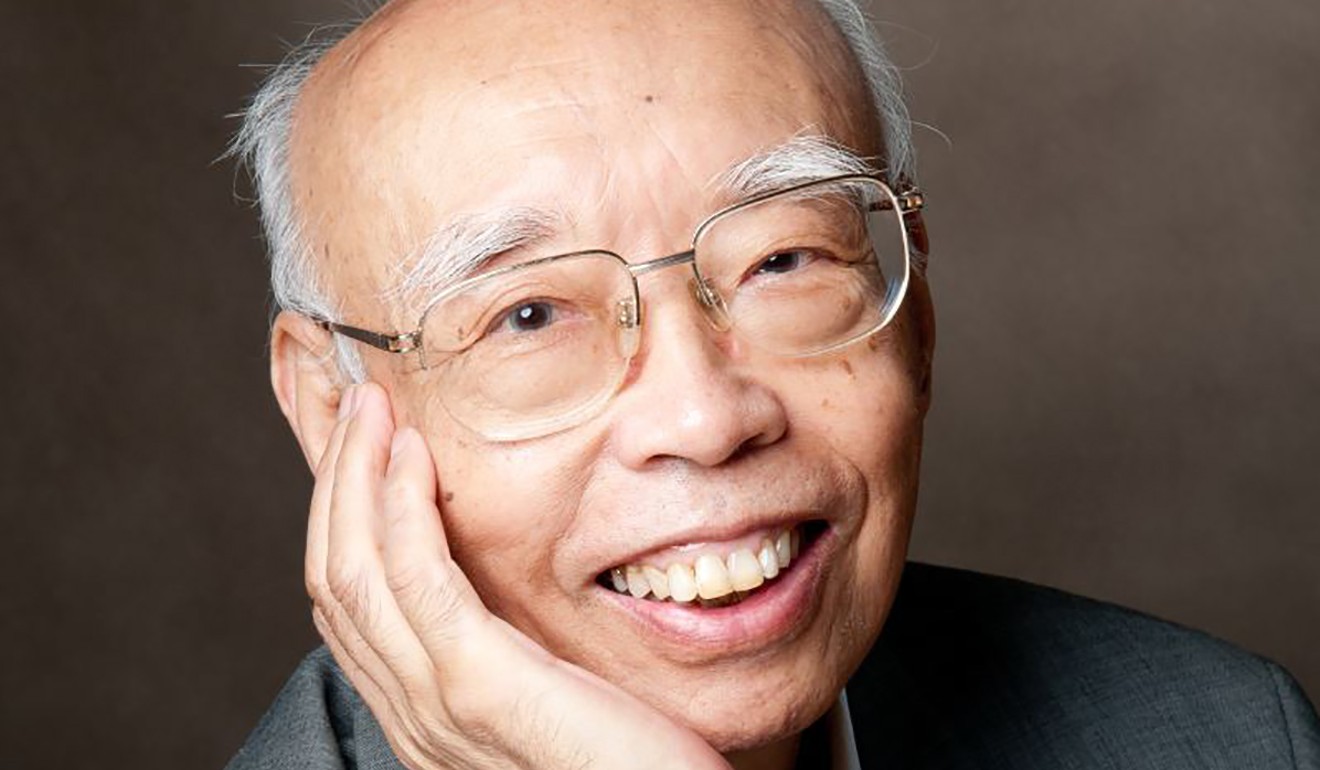Zhu Jianer, symphonist of a changing China, dies at 95
Best known for large-scale orchestral works, Zhu survived revolution to pursue his chosen art

Chinese composer Zhu Jianer, whose celebratory work Days of Emancipation gained wider fame as pianist Lang Lang’s favourite encore piece, has died in Shanghai. He was 95.
Initially self-taught, Zhu trained as a formal orchestral composer in the Soviet Union and was best known for large-scale works.
Throughout his life he was a firm supporter of the people’s republic but also endured the depravations of the Cultural Revolution.
“I reflect on my life and it’s one that alternates between my revolutionary dream and artistic dream,” he wrote in his 2015 autobiography.
Born Zhu Rongshi in Tianjin in 1922, Zhu moved to Shanghai with his family at age three after the death of his father. He was a keen listener of the radio and drawn at an early age to the marches of Nie Er, a young composer who wrote what is now China’s national anthem.
When Nie died in Japan in 1935 on his way to the Soviet Union to study music, Zhu changed his name to Jianer, which literally means “carrying out Nie Er’s will”.
Illness confined him to his Shanghai home for several years in the early 1940s but he spent the time listening to classical music and reading books on the subject.
When his health improved, Zhu joined a military performance troupe as a music arranger before heading to Beijing to work in the movie industry in the late 1940s. It was there that he had his big musical breakthrough.
Zhu’s ambition to follow in Nie’s footsteps was realised in 1955 when Zhu was chosen to study at the Moscow Conservatory. His selection was based in large part on the popularity of his 1953 film score Days of Emancipation, a celebration of life in the early days of the people’s republic.
During his five years in Moscow, he composed the Festive Overture to celebrate the 10th anniversary of the people’s republic in 1959. His graduation work, Hero’s Poem, was a symphony-cantata based on Mao Zedong’s poems. It was commissioned by the Soviets but the support was later withdrawn amid the Sino-Soviet rift.
Hero’s Poem finally premiered in Shanghai in 1962 after Zhu returned to China. But it was less favourably received than Sing a Folk Song for the Party, a national hit that Zhu wrote in 1963.
Zhu’s career came to an abrupt halt in 1966 with the dawn of the Cultural Revolution but he escaped the worst of the period’s excesses by being assigned to work on the revolutionary opera ballet The White Haired Girl, a favourite of Mao’s wife Jiang Qing. His job was to improve the score but for the next 10 years he said he did nothing except arrange the music into a quartet that was performed for the US president Richard Nixon during his trip to China in 1972.

For Zhu, this was a devastating lost decade of creativity.
“After those 10 years of futility working on The White Haired Girl, we became white-haired men and women,” he said.
“From 1960 to 1978, I saw my artistic dream shattered by the Cultural Revolution, and my political dream twisted.”
Zhu’s musical fortunes changed in 1980 with the premiere of Symphonic Fantasia, a piece he wrote in memory of Zhang Zhixin, a defiant Communist Party member executed for criticising the Cultural Revolution.
The success led him to work on his first symphony in 1986 at the age of 63, and he produced 10 more in the next 15 years, each in a style of its own. His Fourth Symphony won first prize at the Queen Marie Jose Competition in Switzerland in 1990.
Zhu was no stranger to Hong Kong. His symphonic poem Hundred-Year Vicissitudes won the golden award in Beijing in 1996 as a part of the handover events. Ten years later, the Hong Kong Chinese Orchestra premiered his new work A Sorrowful Tune to critical acclaim.
Chinese conductor Chen Xieyang held the baton for the premieres of most of Zhu’s symphonies and after unearthing the original 1962 score for Hero’s Poem performed it in Beijing in June along with Hundred-Year Vicissitudes.
“Mr Zhu could not come but he sent me some chocolate with a note saying I needed energy,” Chen said.
Zhu died in Shanghai’s Ruijin Hospital on Tuesday and is survived by his wife Shu Qun, a son and a daughter.
Chen said he would conduct a concert of Zhu’s works in Shanghai in October.